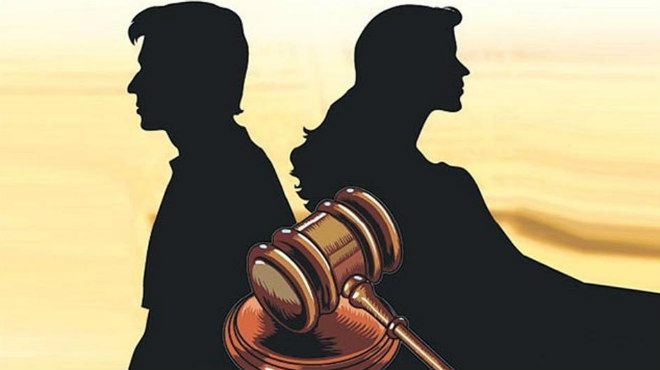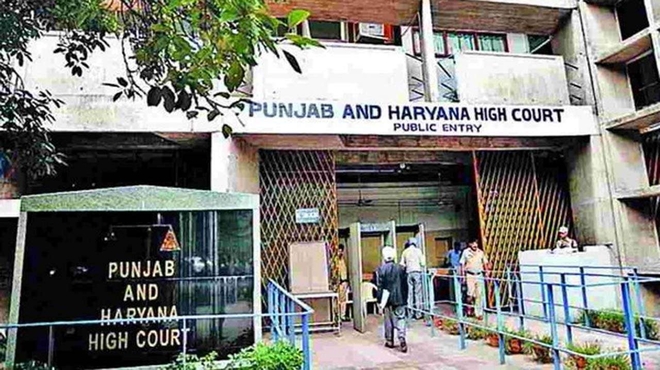The Union ministry has revoked Article 370 which gave special status to Jammu and Kashmir and has proposed that the state be bifurcated into two union territories, i.e. Jammu and Kashmir and Ladakh. The Union Minister for Home Affairs Amit Shah has announced today in the Rajya Sabha that Article 370 of the Indian Constitution is to be abrogated under the Constitution (Application to Jammu and Kashmir) Order, 2019 signed by President Ram Nath Kovind.
What is Article 370?
Article 370 is a & lsquo Temporary, Transitional and Special Provision' that gave special autonomous status to Jammu and Kashmir. Here's a look at what the article talks about:
“ Temporary provisions with respect to the State of Jammu and Kashmir:
(1) Notwithstanding anything in this Constitution,
(a) the provisions of article 238 shall not apply in relation to the State of Jammu and Kashmir
(b) the power of Parliament to make laws for the said State shall be limited to:
(i) those matters in the Union List and the Concurrent List which, in consultation with the Government of the State, are declared by the President to correspond to matters specified in the Instrument of Accession governing the accession of the State to the Dominion of India as the matters with respect to which the Dominion Legislature may make laws for that State and
(ii) such other matters in the said Lists as, with the concurrence of the Government of the State, the President may by order specify.
Explanation: For the purposes of this article, the Government of the State means the person for the time being recognised by the President as the Maharaja of Jammu and Kashmir acting on the advice of the Council of Ministers for the time being in office under the Maharaja's Proclamation dated the fifth day of March, 1948
(c) the provisions of article 1 and of this article shall apply in relation to that State
(d) such of the other provisions of this Constitution shall apply in relation to that State subject to such exceptions and modifications as the President may by order specify:
Provided that no such order which relates to the matters specified in the Instrument of Accession of the State referred to in paragraph (i) of sub-clause (b) shall be issued except in consultation with the Government of the State:
Provided further that no such order which relates to matters other than those referred to in the last preceding proviso shall be issued except with the concurrence of that Government.
(2) If the concurrence of the Government of the State referred to in paragraph (ii) of sub-clause (b) of clause (1) or in the second proviso to sub-clause (d) of that clause be given before the Constituent Assembly for the purpose of framing the Constitution of the State is convened, it shall be placed before such Assembly for such decision as it may take thereon.
(3) Notwithstanding anything in the foregoing provisions of this article, the President may, by public notification, declare that this article shall cease to be operative or shall be operative only with such exceptions and modifications and from such date as he may specify:
Provided that the recommendation of the Constituent Assembly of the State referred to in clause (2) shall be necessary before the President issues such a notification.”
Article 370 makes the rights of citizenship, ownership of property in the state, and fundamental rights of the residents of Jammu and Kashmir different from rest of the Indian citizens. This means, that the citizens from other Indian states cannot buy a property in Jammu and Kashmir and a financial emergency cannot be declared by the central government in the state. Another point to be noted is that Article 370 (1) (C) explicitly applies Article 1 of the Constitution (which lists the states of the Union) to the state of Jammu and Kashmir and binds it to the Union of India.
Brief history:-
The then Maharaja Hari Singh of Kashmir had signed the & lsquo Instrument of Accession' in October 1947, which stated three subjects only on which Jammu and Kashmir would transfer its powers to India, which were Foreign Affairs, Defence, and Communications. Thereafter, Sheikh Abdullah was appointed as the Prime Minister of the state by the Maharaja in March 1948 who then joined the Constituent Assembly with three other colleagues who negotiated the special status of Jammu and Kashmir leading to the formation of Article 370. This is why for applying laws in the state of Jammu and Kashmir, the parliament needed the assent of Jammu and Kashmir government, except for provisions related to defence, foreign affairs, finance, and communications.
How does the abrogation affect the current status of Jammu and Kashmir?
According to the commentators who identify Article 370 as a barrier to complete integration of Jammu and Kashmir into India, abrogation of the Article 370 and 35A would allow citizens from rest of the India to settle in J&K and would remove the preferential treatment given to the state while also assimilating the citizens of J&K with the rest of India. However, the ones against the abrogation of the Articles argue that the autonomy guaranteed to J&K shall be honoured as the Article itself makes J&K a part of India and if the same is repealed it would undo the accession of J&K to India itself, which would render the state independent of India.
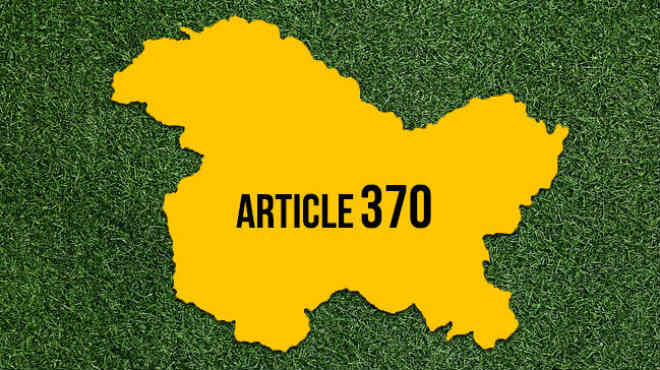
.jpg)
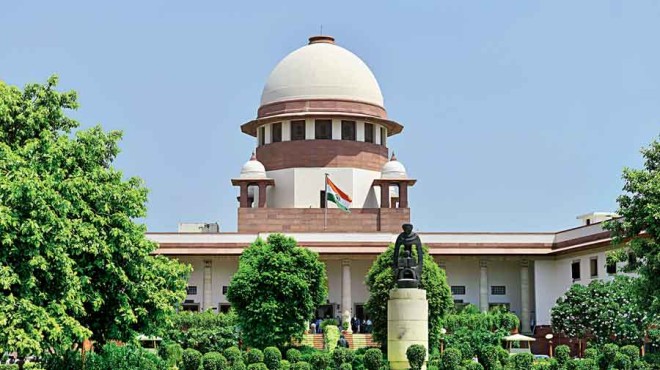


 442+ Lawyers are online
442+ Lawyers are online 

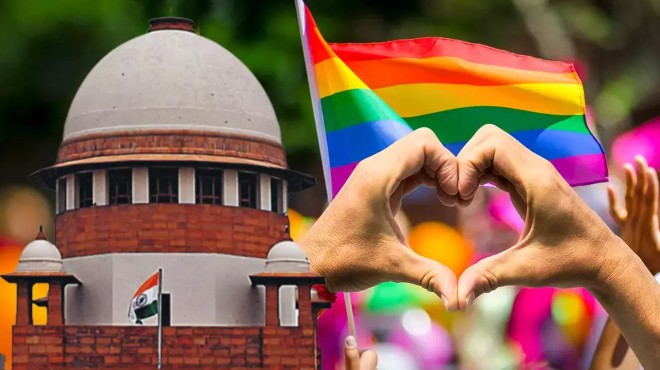
.jpg)
